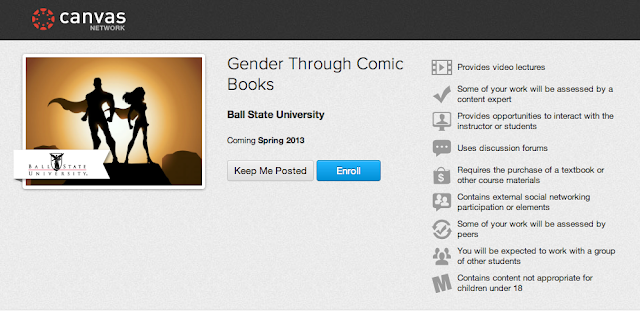The Sustainability of MOOCs
Just in case you missed it the other day, here is the link for the stream (which was live, but now should be available to stream) for the CIEE and USDLA sponsored event on Sustainability in MOOCs (in which I was a panelist ;-) ). The event was quite interesting and this was my first panel discussion - where I met quite a few interesting people! In any case, if you see the stream you will see two keynote presentations before the panel, and both were interesting. In the first presentation what I found interesting were the philosophical foundations of MOOCs which include many elements of the Open movement such as Creative Commons, Open Source and Open Courseware; as well as the ethos of Massively Multiplayer Online games (MMOs). While the connection was probably there somewhere in my mind, I really hadn't thought about it that much in depth. The one thing that I corrected (tactfully, or not-tactfully, you be the judge :-) ) is the assertion that the Stanford AI course was ...




